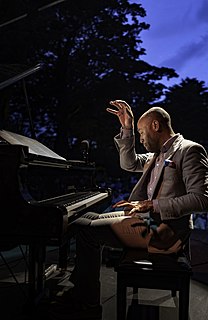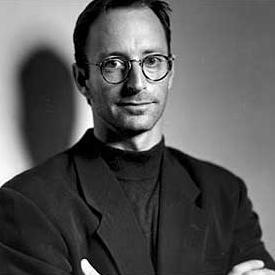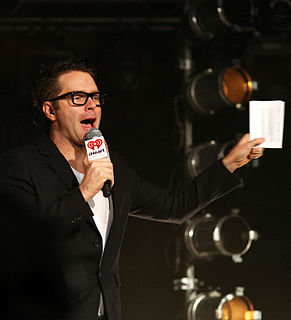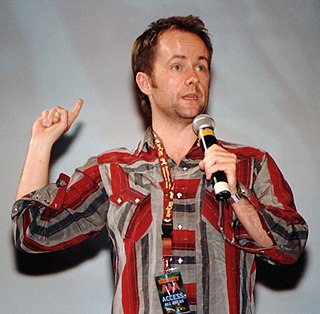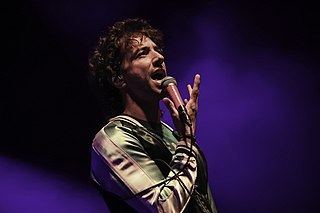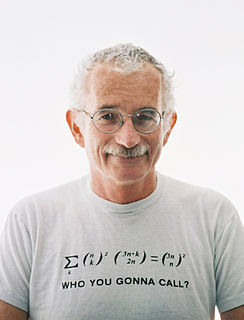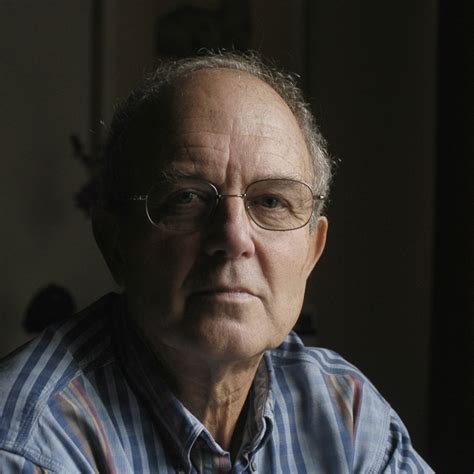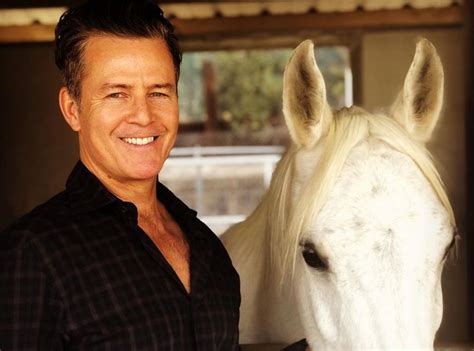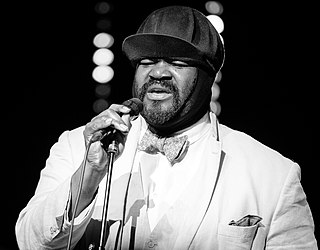A Quote by Brian Stokes Mitchell
I didn't really think I liked jazz all that much until I was about 18. That's when the freedom and possibilities of it began to seem appealing to me.
Related Quotes
You can keep counting forever. The answer is infinity. But, quite frankly, I don't think I ever liked it. I always found something repulsive about it. I prefer finite mathematics much more than infinite mathematics. I think that it is much more natural, much more appealing and the theory is much more beautiful. It is very concrete. It is something that you can touch and something you can feel and something to relate to. Infinity mathematics, to me, is something that is meaningless, because it is abstract nonsense.
Jazz is really about the human experience. It’s about the ability of human beings to take the worst of circumstances and struggles and turn it into something creative and constructive. That’s something that’s built into the fiber of every human being. And I think that’s why people can respond to it. They feel the freedom in it. And the attributes of jazz are also admirable. It’s about dialogue. It’s about sharing. And teamwork. It’s in the moment, and it's nonjudgmental.
I got into music when I was a little boy. My dad was always into jazz. I got my education from him. The first time I listened to jazz, he gave me a Thelonious Monk record. It was so different from anything I had ever heard. It took me a while to understand it, and I liked that. I liked the fact that it wasn't immediately palatable.


